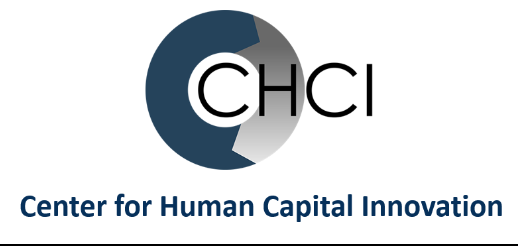
Executive Coaching: The Catalyst for Thriving in Inclusive Workplaces
Today’s organizational landscape demands more than just a mix of talents; it requires a genuine synthesis of varied perspectives and inclusive practices. Executive coaching is pivotal in developing leaders who are not only adept in their roles but also champions of an inclusive culture. These leaders understand that inclusion goes beyond mere representation; it’s about creating a space where every voice is heard and every contribution is valued.
If you doubt the need for inclusive leadership in today’s organizational landscape, check out the State of DEI Report, which draws on responses from over 3,000 participants, highlighting both progress and challenges in diversity, equity, and inclusion (DEI) across various organizations. It underscores the need for continuous improvement in areas such as equitable compensation and consistent policy implementation. These findings emphasize the relevance of executive coaching in addressing DEI challenges. Let’s explore a few case studies showcasing the effective role of executive coaching in enhancing workplace inclusivity.
Shiseido’s Executive Coaching for Gender Parity
Shiseido, a global cosmetics organization, undertook an initiative to accelerate gender parity at the executive management level. This initiative was part of a corporate strategy that started in 2014, with the CEO making Diversity, Equity, and Inclusion (DEI) a core pillar. Executive coaching was a component of this initiative, with senior leaders being held accountable for improving the ratio of women managers and leaders. The coaching involved promoting training programs, personally reviewing decisions on female candidates, and leading DEI efforts. This resulted in approximately a 24% increase in the ratio of women leaders from 2017 to the beginning of 2022, and 44% of program participants were promoted to vice president or director roles during the same period.
Executive Coaching for Inclusion at JJM
At JJM, a unique executive coaching program was implemented to foster an inclusive leadership culture. This program included tailored pre-course assessments and executive coaching, aimed at addressing the unique challenges of minority leaders. A combination of in-person modules and company-wide networking initiatives enriched practical learning and leadership skill development. The involvement of senior leaders, including the CEO, underscored the commitment to inclusion. Addressing the skills gap among managers, particularly in mentoring employees from diverse backgrounds, was a key aspect, with executive coaching playing a pivotal role in facilitating effective feedback and support, thus enhancing the overall inclusivity within the organization.
Unveiling the Practical Pathways
The transition to an inclusive coaching culture requires a blend of intentionality and expertise. Here are practical steps to steer your organization towards inclusive excellence:
- Merge DEI with Leadership Training: Leadership and DEI cannot be siloed. Coaches need to be adept at merging the two to develop leaders who champion inclusivity as part of their core operational philosophy, by incorporating DEI principles into leadership curricula, facilitating open discussions, using diverse training materials, engaging in role-playing for empathy-building, inviting DEI experts to share their expertise, implementing reflective practices, creating actionable DEI plans, establishing mentoring programs, enforcing accountability, and promoting continuous DEI education..
- Long-term Behavioral Change: Implicit bias training often fails to induce long-term change. Executive coaching can fill this gap by ensuring leaders have the tools for sustained action and improvement.
- Empower Underrepresented Employees: Coaching addresses the unique challenges faced by underrepresented groups, mitigating the ’emotional tax’ and fostering a sense of belonging and psychological safety.
- Facilitate Self-Discovery: A coaching culture encourages self-set goals and personal accountability, crucial for nurturing a workplace defined by curiosity and trust.
- Integrate Coaching with DEI Initiatives: Pairing coaching with DEI efforts leads to more robust, sustained outcomes, strengthening the organization’s inclusivity muscles.
Executive coaching is not just an intervention—it’s a strategic imperative for thriving in an inclusive workplace. It’s about making a place where all kinds of people can do well and feel like they belong.
How can coaching help your team create an inclusive culture? What steps do you take to build trust and support inclusion at work? Leave a comment below, send us an email, or find us on Twitter.


Leave A Comment